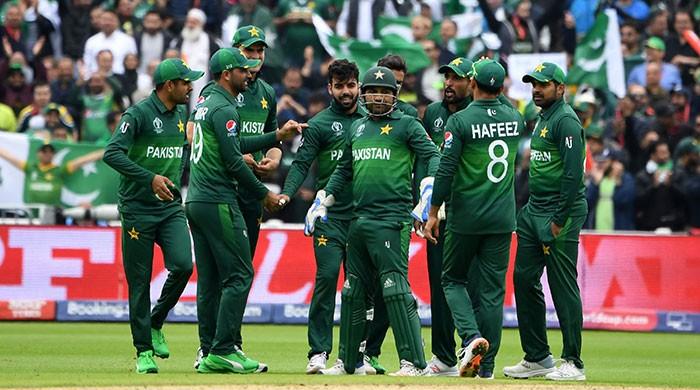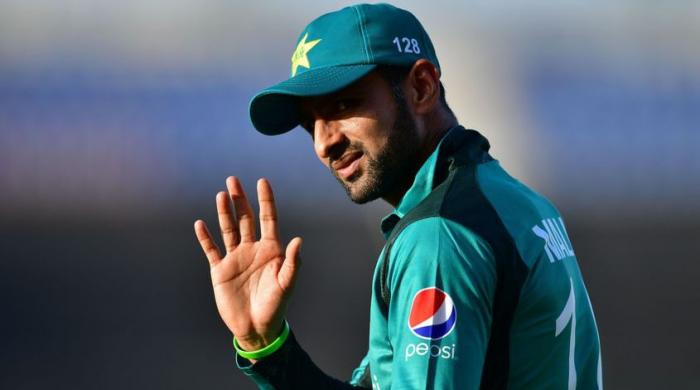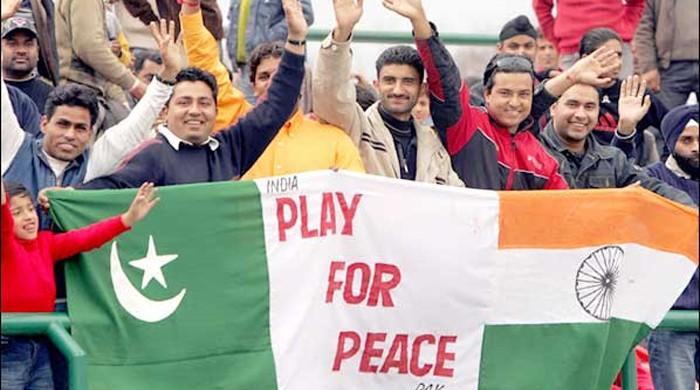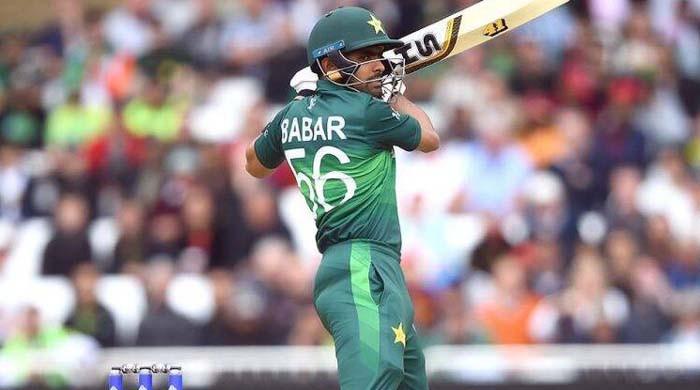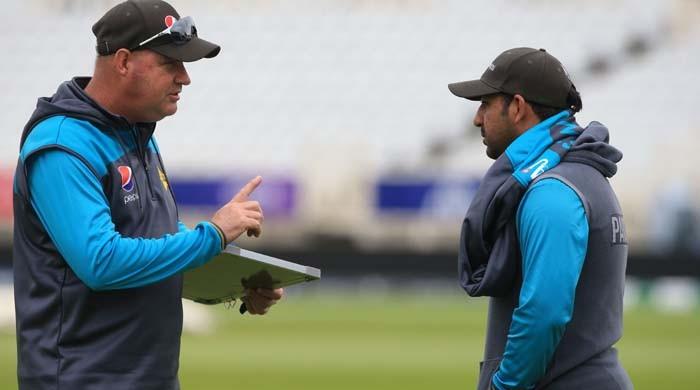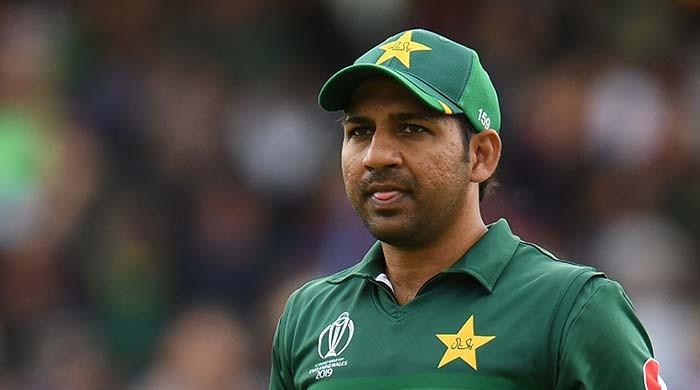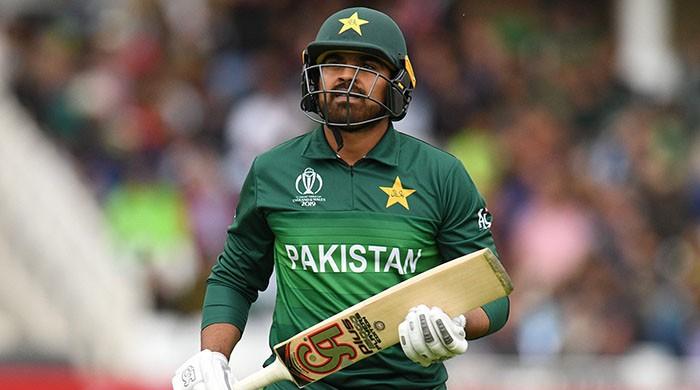Bring back our captain
Pakistan’s saving grace – its long unbeaten T20 run – is no more. At a time of chaos, consistency in leadership is an absolute must
February 04, 2019
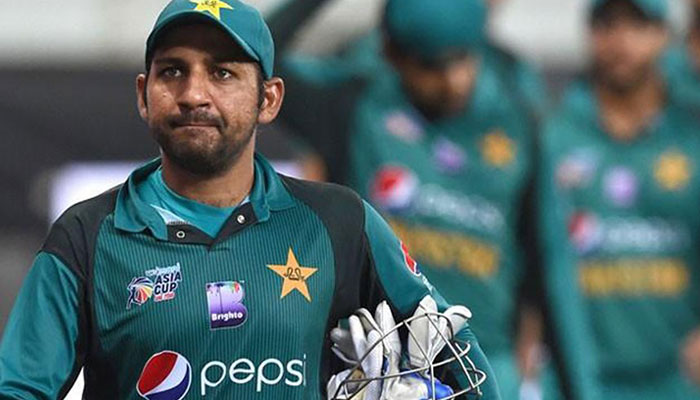
Win toss. Choose to field. Get hit all over the ground. See a huge total on the scoreboard. Breathe. Tell yourself you can chase it down. Try to chase it down. Fall short.
Sunday’s defeat to South Africa in the second T20 international was particularly tough to digest. It was also eerily similar to the beating in the opening T20 game of the series – almost a déjà vu in slow motion.
We won the toss in the first T20, we decided we would be better off chasing a total rather than setting one. Our bowlers let us down. Our batsmen failed to finish the game. We decided not to learn any lessons, and we repeated the entire sequence all over again in the second game.
For two and a half years, T20 cricket has been Pakistan team’s saving grace. Our T20 success has overshadowed miserable batting collapses in Tests and ODIs, lifted the players’ morale, and made the nation proud. It has made us the number one ranked side in the world, helping us to hold our heads high and validating our love for cricket.
Yesterday, that pride suffered a setback when Pakistan lost their first T20 series after 11 series wins in a row – we had not lost since getting eliminated from the World T20 in India in March 2016.
Let that sink in. This was our worst T20 performance in over two and a half years. There was chaos on the field, no game plan in sight, and no strong captaincy to rein in the players.

Pakistan lacked discipline with the ball. Usman Shinwari and Hasan Ali conceded 111 runs in their eight overs combined – 13.8 runs per over. Shinwari, for inexplicable reasons, kept relying on full toss and bouncers, which were unsurprisingly hit for boundaries. Hasan Ali looked off-colour, and has been so for the past few matches. Shadab Khan, our match winner, hasn’t been winning matches in some time.
Pakistan batting lacked six-hitting ability. Babar Azam was brilliant with 90 off 58 balls, and had more or less put the team on track to chase down 188 until he was out off the first ball of the 17th over. Then all hell broke loose.
Six wickets fell for 34 runs in four overs. Pakistan went from 139-1 after 15 overs to 181-7 after 20 overs. The middle and lower order couldn’t clear the ropes. Hussain Talat couldn’t play fast enough; Shoaib Malik came in to bat too late, preferring to send out the less experienced Asif Ali who had one job: to slog, which he couldn’t. And we seem to have stopped relying on Fakhar Zaman altogether.
South Africa hit 11 sixes in the match. Pakistan managed just 2. Not surprisingly, Pakistan have the lowest six-hitting percentage out of all the teams in T20Is in the last two years.
And why in the world would you opt to bat second after winning the toss when you aren’t even confident of your boundary-hitting and chasing ability? Twice?
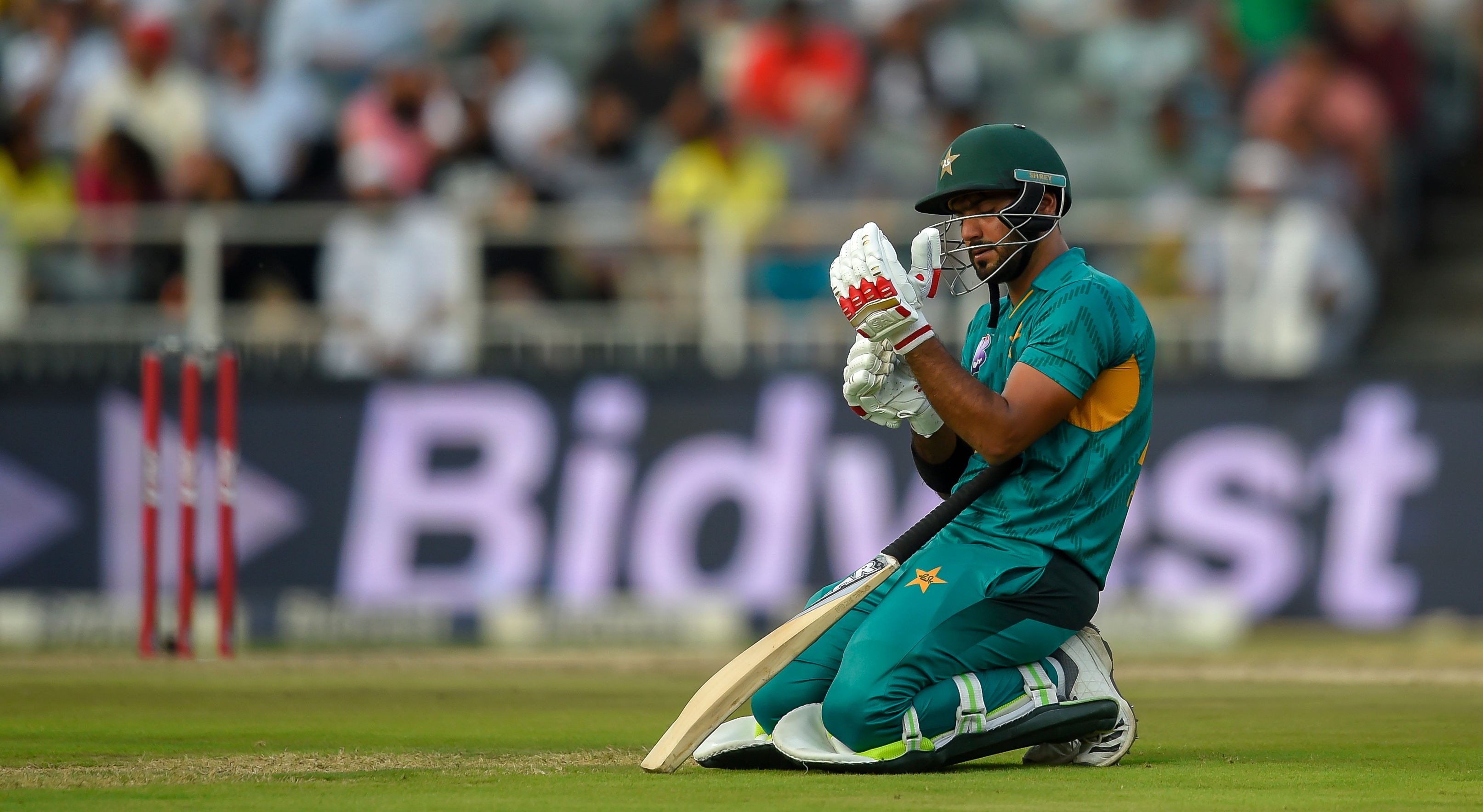
With the World Cup less than four months away, most of our young talent seems either out of form or perhaps lacking what they were selected for in the first place: talent. This looks ominous for our chances in the mega tournament. At this time of chaos, consistency in leadership is an absolute must. Somebody to hold the team together that he has built painstakingly over the past few years. The team needs Sarfraz Ahmed back as their captain.
The Sarfraz-Phehlukwayo incident happened. Sarfraz apologised to Phehlukwayo, and he forgave him. It’s done and dusted. Sarfraz has served the four-match ban, and there is no need to fuel any speculation about whether he would get his captaincy back. Some elements, unfortunately, pounced on the first chance they got to discredit him. Some, with questionable discipline in their own cricketing careers, lashed out at him saying the ban wasn’t enough. Some others suggested that he shouldn’t be leading Pakistan again.
Such speculation can be damaging to a team that is looking unfamiliarly uncomfortable in its strongest format, the T20, and is just months away from the World Cup. As the PCB chairman Ehsan Mani said, if the two players moved on from the incident, why can't the rest of us?
The writer is a producer at Geo.tv and tweets @Mariaa_54




